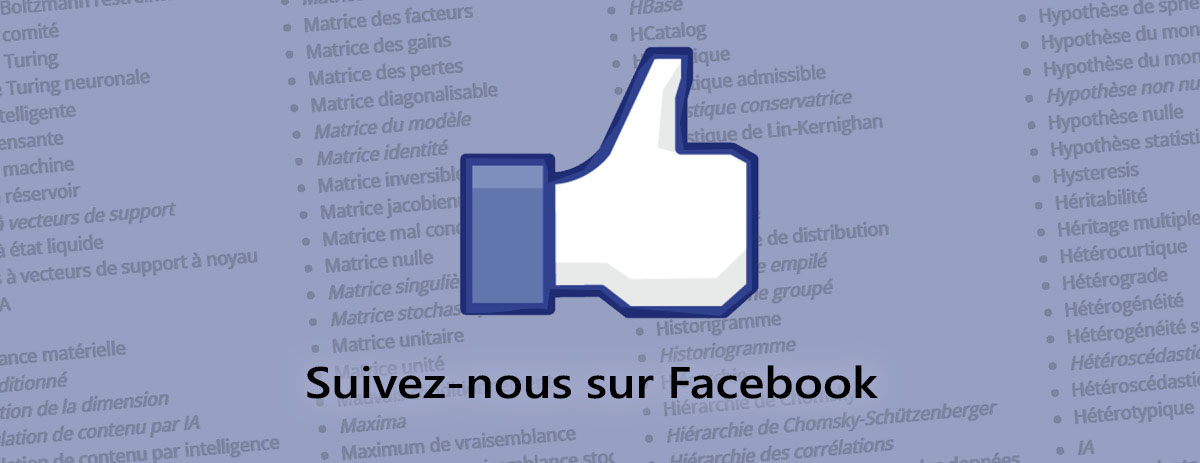Analyse de la complexité des algorithmes
en construction
Vocabulary
Coulombe
Définition
Français
analyse de la complexité
analyse de la complexité des algorithmes
analyse des algorithmes
Anglais
Analysis of algorithms
In computer science, the analysis of algorithms is the determination of the computational complexity of algorithms, that is the amount of time, storage and/or other resources necessary to execute them. Usually, this involves determining a function that relates the length of an algorithm's input to the number of steps it takes (its time complexity) or the number of storage locations it uses (its space complexity). An algorithm is said to be efficient when this function's values are small. Since different inputs of the same length may cause the algorithm to have different behavior, the function describing its performance is usually an upper bound on the actual performance, determined from the worst case inputs to the algorithm.
The term "analysis of algorithms" was coined by Donald Knuth.[1] Algorithm analysis is an important part of a broader computational complexity theory, which provides theoretical estimates for the resources needed by any algorithm which solves a given computational problem. These estimates provide an insight into reasonable directions of search for efficient algorithms.

Contributeurs: Claire Gorjux, Claude Coulombe, Imane Meziani, wiki






